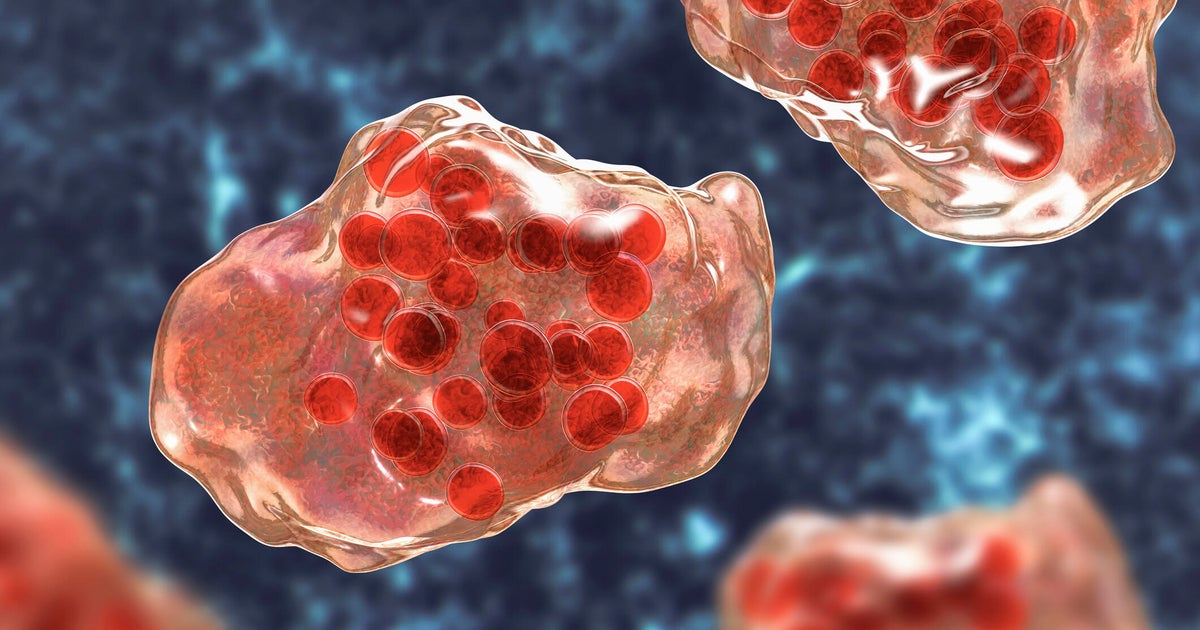What is swimmer's itch and how do you treat it?
MINNEAPOLIS — Kids can find all sorts of things in the water, but it's what you can't see that can stick with swimmers once they get out.
Swimmer's itch is an allergic reaction to a parasite. Infected birds and mammals pass the eggs in feces. They hatch in water and attach to snails, releasing microscopic larvae and exposing humans.
"If you are in context with that larvae it imbeds into your skin," Dr. Liz Farhat said.
Farhat is a lead dermatologist at Allina Health. She says a rash will emerge 12-24 hours after being in the water but, thankfully, the larvae will die within 24 hours.
"So just like getting poison ivy or a normal insect bite, your immune system gets triggered and sends inflammation up to the surface of your skin," Farhat said.
It usually goes away after a week or so, and can be treated at home.
Doctors suggest applying a hydrocortisone cream and cool compress, bathing in Epsom salts, baking soda or oatmeal, applying a baking soda paste and using an anti-itch lotion.
"If it's not getting better, if it seems like you are unable to sleep, anything like that, there are prescription screams we can use that would work better than over-the-counter," Farhat said.
Showering immediately after being in the water can prevent it.
"If you can really wash your skin well, dry off quickly, you should be able to remove those larvae without having the allergic reaction we talked about," Farhat said.
The surefire way to avoid it is to stay out of the water entirely.
Swimmer's itch is not contagious and can't be passed to other family members through things like towels.
You typically don't get swimmers itch from a swimming pool as it is found more often in freshwater.







